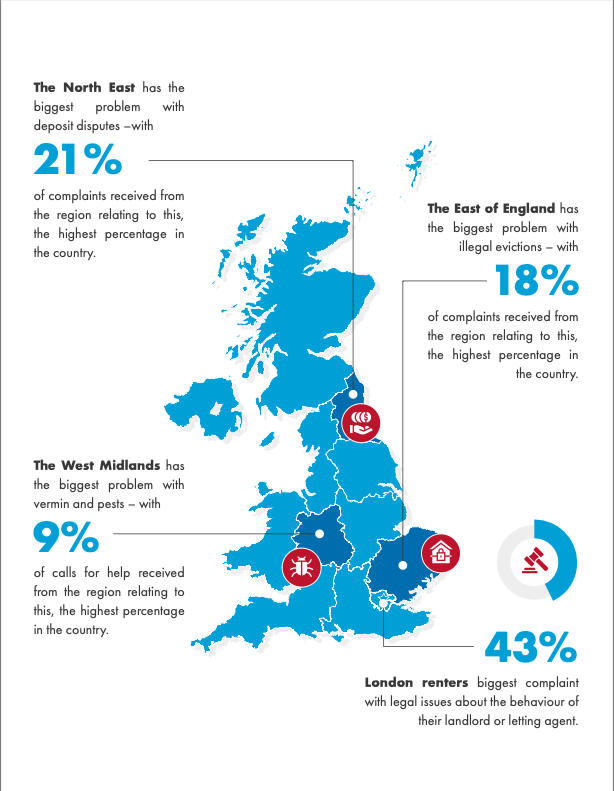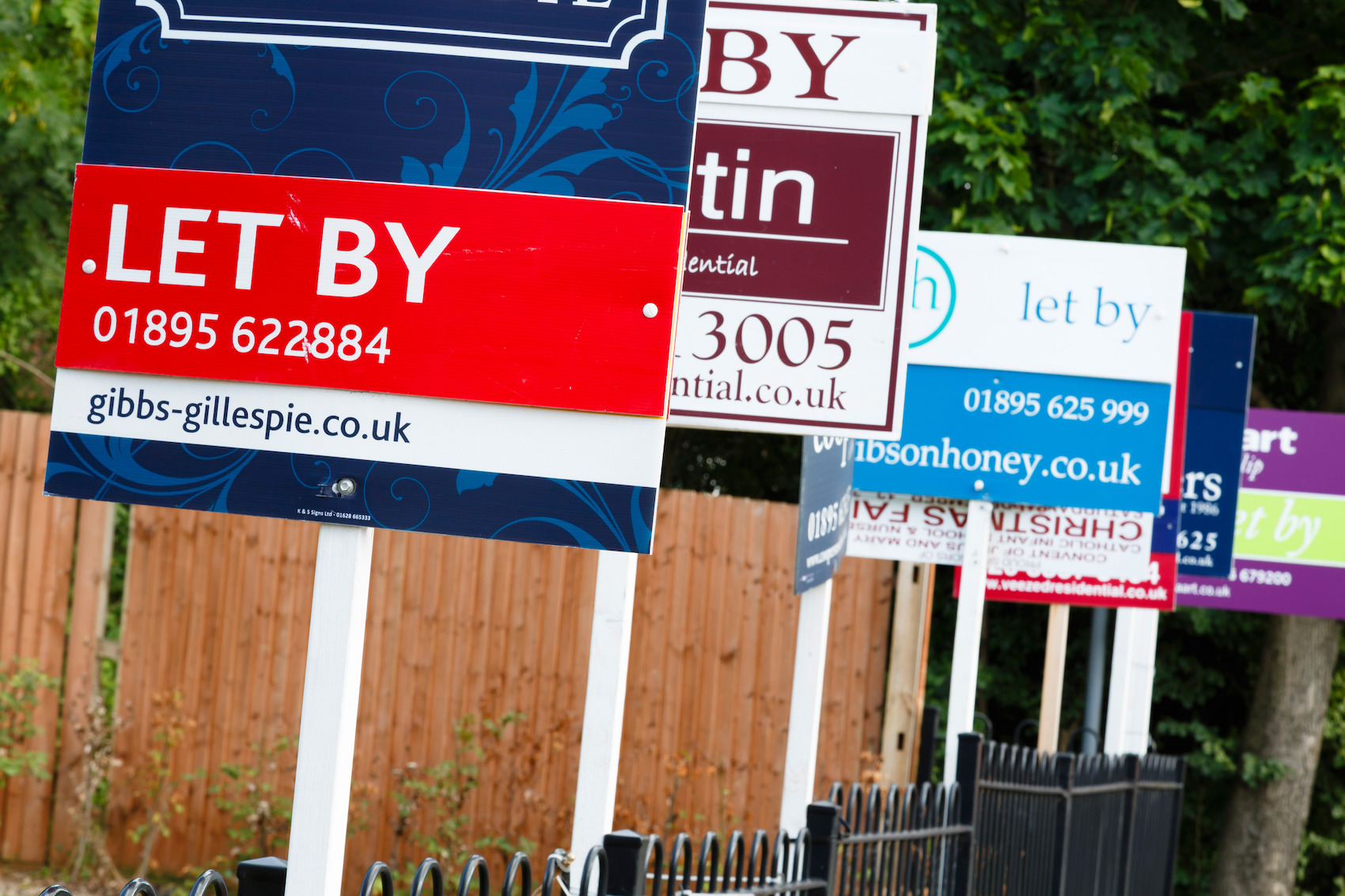Michael Gove the Secretary of State for Levelling Up, Housing and Communities appeared on BBC’s Laura Kuenssberg and was asked whether renters will get help paying their rent as landlords hike prices he replied:
” Well, we know people in the private rented sector and in the social rented sector are facing tough times. We are looking at a range of options to help them. It could mean targeted support for all sorts of people who are in difficulty. I can’t anticipate specific support. There are people in all sorts of difficult economic circumstances.
He went on to say “Rent is going to be one of the challenges people will face. We also have food price inflation, and we have already had support for people facing rising energy prices… There are different ways of supporting people, whether that’s through universal credit, the tax system, or direct support.
The Sun has also reported “targeted support” is being considered as an option to help those finding it difficult to pay their private landlord.
Landlords increasing rents as cost of living crisis hits renters
Record high rents have been recorded outside of London, according to data from Rightmove monthly bills reaching an average of £1,162 in the three months from July to September. As households are already struggling with high inflation, and the cost of living crisis the hike in rents is adding untold misery to renters.
Help to pay your rent
There are already some schemes that people may be able to use to help with housing costs. One is the Discretionary Housing Payment (DHP) available to those receiving housing benefits or the housing element of Universal Credit.
DHP funds are given out on a case-by-case basis and can be used to cover rent or a deposit. You should contact your local council to find out how to apply for a DHP.
You can find details of your local authority here
What to check if your Landlord increases your rent
The landlord must seek the tenant’s permission to increase the rent unless there is a prior agreement. If you are in a fixed-term assured shorthold tenancy (AST) the landlord CAN NOT increase your rent during the term of the fixed-term AST.
At renewal, the landlord and tenant must agree to the new terms ie length of the AST and the rent. If the AST continues without signing a new tenancy then the tenancy becomes a statutory periodic or rolling tenancy in which the landlord must serve a section 13 notice, of the housing act 1988, on the tenant to increase the rent.
The rent increase must be similar to AST in the area. Section 13 notice can only be used to increase the rent once every 12 months and can not be used within the first 12 months of the beginning of the fixed-term AST. You can find more information on rent increases here or raise an issue with us at Verwise.







